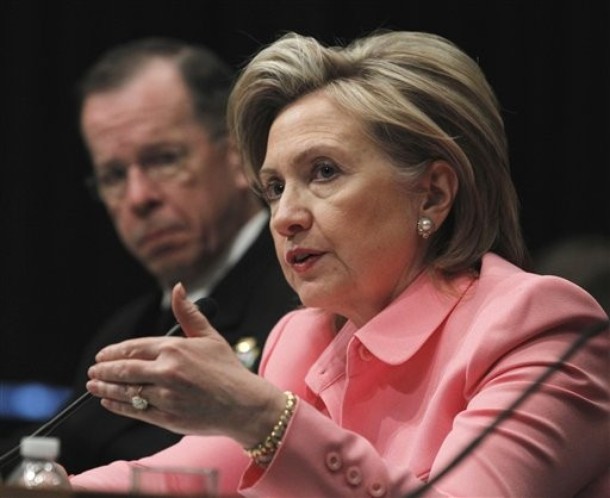Did U.S. rush Iran sanctions?

Just as Copenhagen was a visible demonstration of the rising clout of China, the recent nuclear diplomacy by Turkey and Brazil was still more evidence that the leadership role so coveted by the U.S. is being undermined by the rise of economic powers with divergent security interests. Unlike in Copenhagen, though, it looks as though the U.S. was able to rebuff this "rogue" diplomacy. Matt Duss, for one, is unhappy:
Itâ??s clear that Iran saw the announcement of the deal as a way to head off international pressure. But that doesnâ??t mean that its acceptance of the terms isnâ??t significant â?? it is. In my view, it would have been smarter for Obama to acknowledge the deal as a potentially positive step, but make clear that more is needed, similar to how he pocketed Netanyahuâ??s sort-of-but-not-really acceptance of a Palestinian state last year. As it is, by scrambling to get the UN sanctions resolution finalized in the shadow of the Brazil-Turkey intervention, that resolution now looks much more like an end in themselves, rather than a means to arriving at a mutually acceptable agreement.
But that's the problem: there is no mutually acceptable agreement here.
It will be more interesting to watch how China and Russia move. The Brazil/Turkey gambit has given both China and Russia clear cover now to balk at sanctions, even watered-down ones. If they don't, it means the Obama administration has gone a long way in winning them over (invalidating Duss' fear of diplomatic blow-back). Not that it will do much good. But you take the victories where you can get them, and I think China and Russia matter more to Iran than Brazil and Turkey.
(AP Photo)



